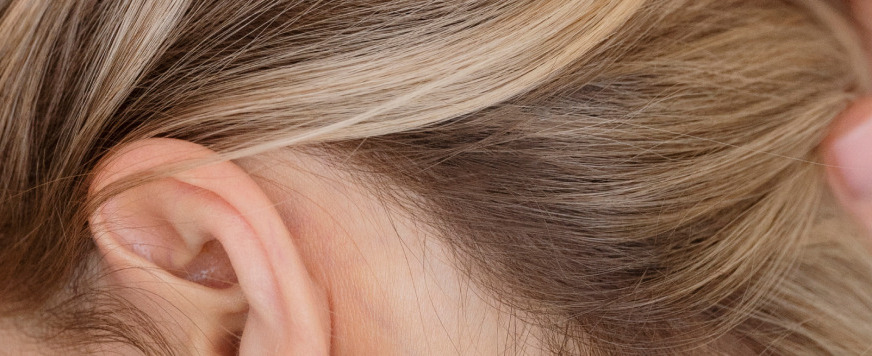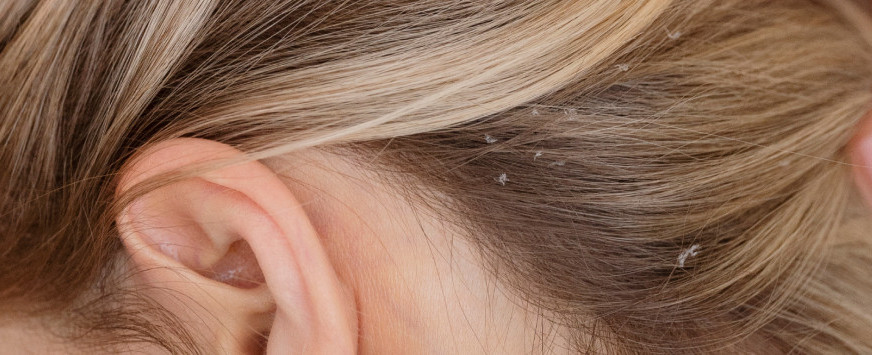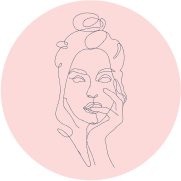Key features
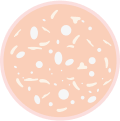
Scalp flakes
The most noticeable symptom of dandruff is the presence of visible flakes on the scalp, hair, and sometimes on clothing. These flakes are often small and dry, resembling dandruff (Seborrheic Dermatitis).
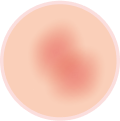
Scalp redness
In some cases, dandruff (Seborrheic Dermatitis) can cause the scalp to become red and inflamed, particularly when scratching occurs.
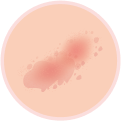
Itching and irritation
Dandruff can cause itching, which may range from mild to intense. Scratching the scalp can further irritate the skin and lead to redness and inflammation.
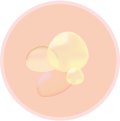
Cysts
While dandruff is commonly associated with a dry scalp, it can also occur in individuals with oily scalps.
In such cases, the flakes may be stickier and appear larger.


